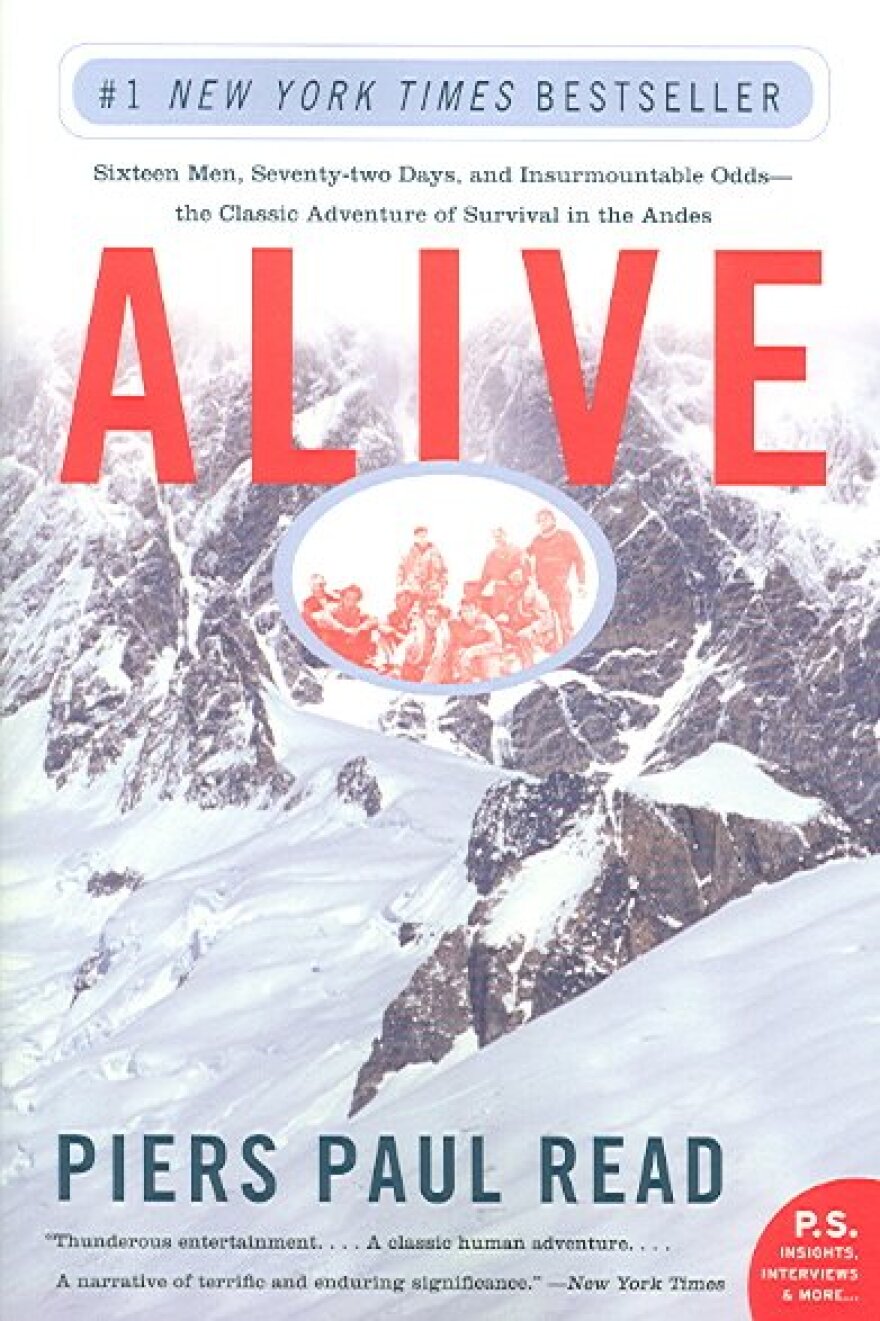For starters, let's dispense with the cheap jokes about cannibalism. That means cracks about giving an arm and a leg (sorry) for a good book on the subject, or similar tasteless (sorry again) attempts to make the subject more palatable (last one). The fact is, the gags (really the last one, I promise) that pop up when discussions turn to the consumption of human flesh are defense mechanisms against the train-wreck fascination we have for the subject. When we move beyond the one-liners, though, nonfiction accounts of cannibalism provide a window into the farthest reaches of human nature, from desperate bids for survival to significant — and yes, disturbing — practices of lost cultures.
I came to this topic through a book I was writing about two cultures, one modern, one prehistoric, that stumbled on each other in the most remote part of New Guinea. When I learned that cannibalism was part of the story, and that my research would put me in contact with ex-cannibals, let's just say it whetted my appetite (I lied).
Copyright 2024 NPR. To see more, visit https://www.npr.org.
Three True Tales Of The Ultimate Culinary Taboo
In the Heart of the Sea

by Nathaniel Philbrick
Nathaniel Philbrick's In the Heart of the Sea has rightfully taken its place as a classic for its literary merits. It has a special place in the cannibalism canon, as well. In 1820, after 15 months at sea, the Nantucket whaleship Essex was rammed and sunk by an enraged sperm whale. How's this for irony: Fearing cannibals on the relatively nearby islands of the South Pacific, the 20-member crew set off in tiny boats for the South American coast, nearly 3000 miles away. One after another they perished. When two final survivors were found, Philbrick writes, "they were sucking the marrow from the bones of their dead shipmates." It's a tribute to Philbrick's research and his eloquence that, despite the horrors, readers come away with renewed appreciation for the human spirit.
Alive

by Piers Paul Read
In October 1972, a plane carrying 45 people, including a Uruguayan rugby club, crashed in the Andes. A dozen people died in the crash and several more died shortly after, eventually leaving 16 survivors facing bitter cold with little food and almost no chance of rescue. When they heard a report on a patched-together radio that the search had been called off, they knew that they could rely only on themselves — and on the remains of their fellow passengers. The bodies preserved in the snow around them weren't strangers; they were friends, teammates and family members. Yet the survivors found strength in each other, in their desire to live, and in their faith, and eventually all chose the only option left to them. It was their salvation.
Cannibal Valley

by Russell T. Hitt
Russell Hitt tells the true story of missionaries who came to the New Guinea in 1954. They hoped to bring Christianity to Dani tribespeople whose practices included not only cannibalism but also "wife-stealing, orgiastic feasts, [and] barbaric funeral rites." In one particularly powerful chapter, "Cannibal Feast," he describes the reaction of a missionary named Ed Maxey as a fallen warrior is butchered. Ed's son Buzz remains in the valley to this day, and he told me that although many Dani people remain rooted in the past, cannibalism has been long abandoned.



